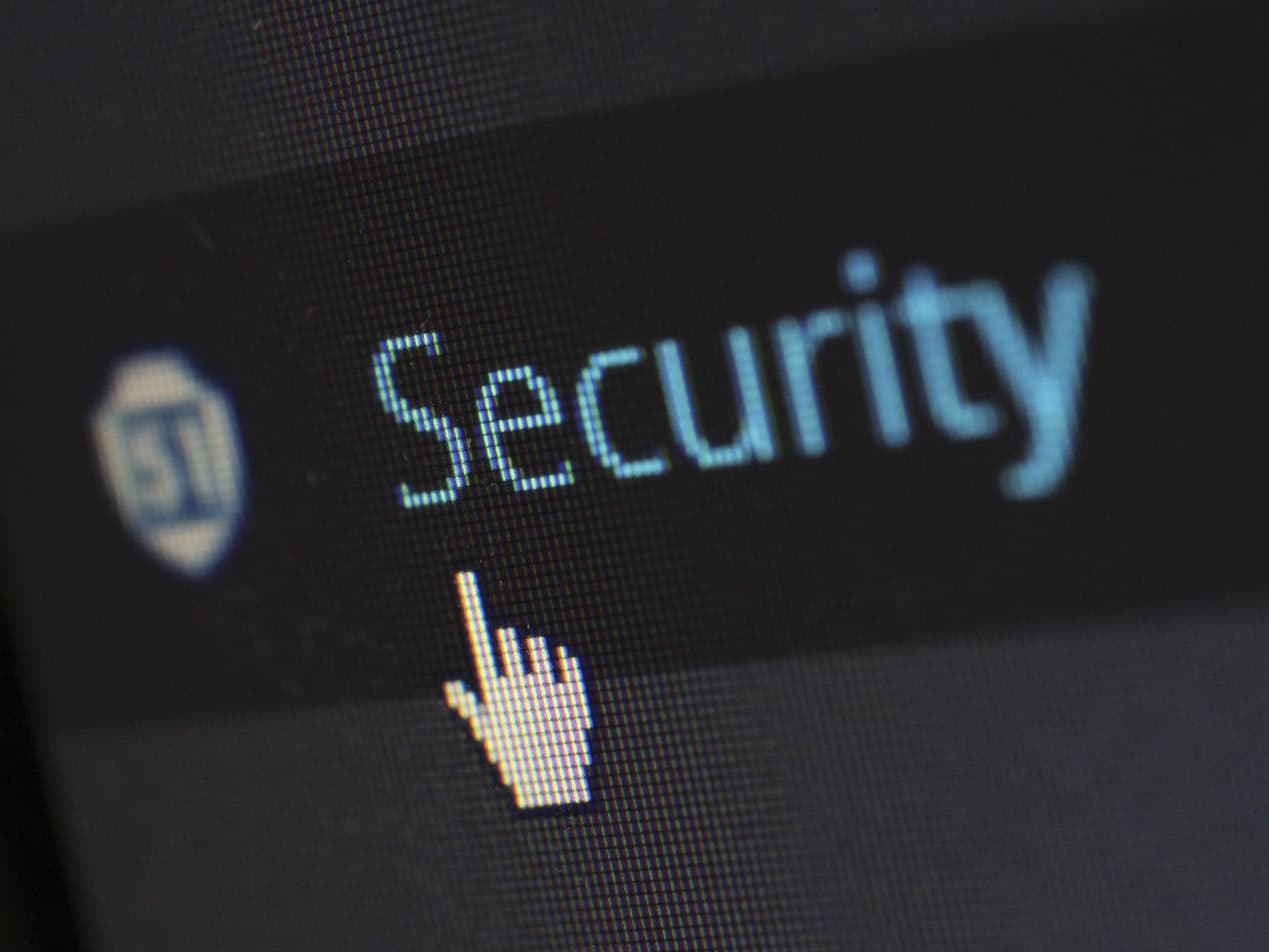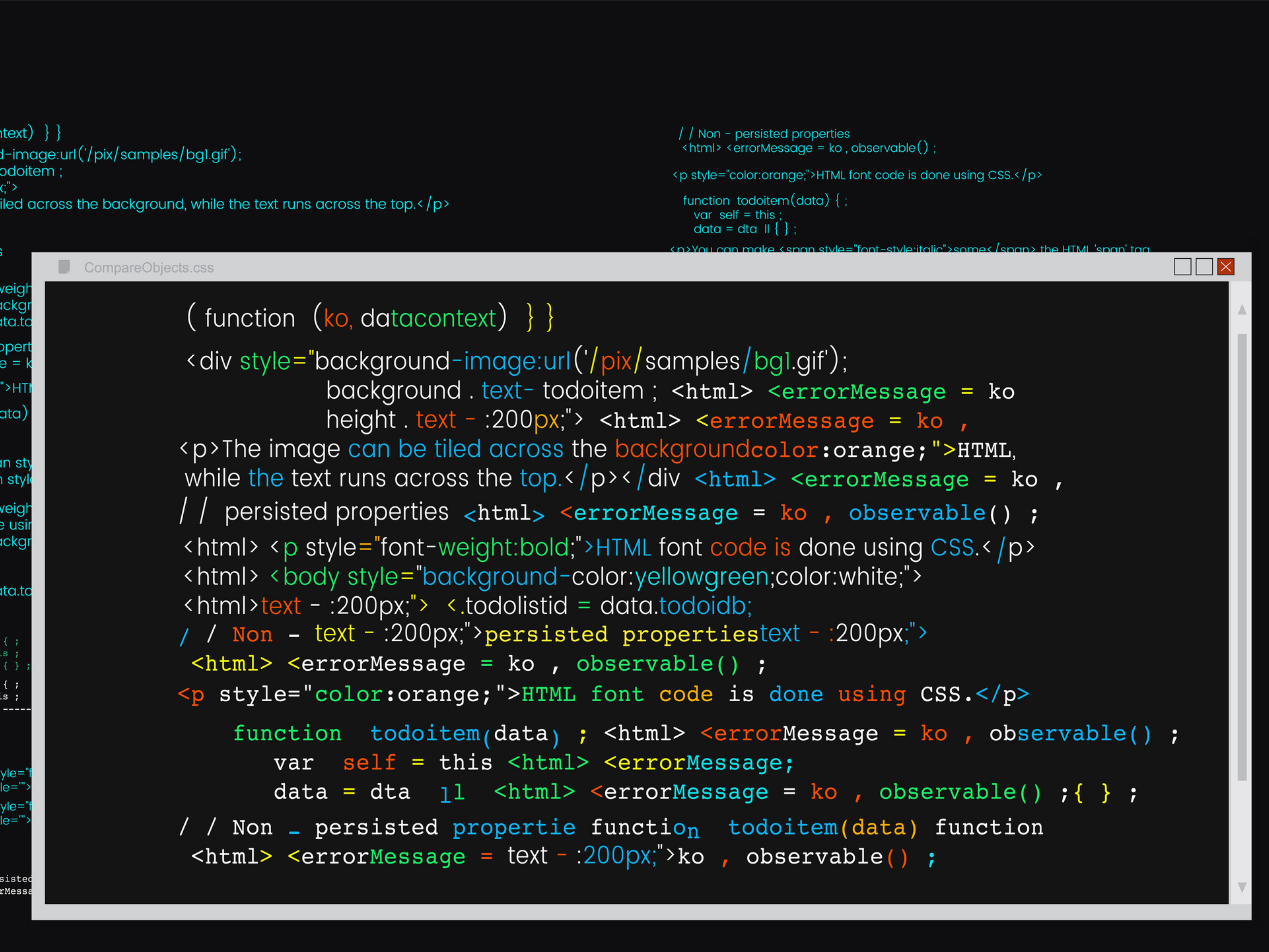Nation-state threat actors can be among the most sophisticated types of hackers. We’ll define key terms, motivations, and implications of these types of hackers and how Paubox's HIPAA compliant email solutions can mitigate the risk they pose to healthcare organizations.
What is a threat actor?
A threat actor is what we often refer to as a type of hacker. While not all hackers pose a threat, all threat actors are motivated by some intent. Below are some common types of threat actors:
- Nation-state
- Hacktivists
- Cybercriminals
- Script Kiddies
All threat actors are motivated by different intentions. Hacktivists are looking to wreak havoc on systems for ideological purposes. They are also referred to as cyberterrorists. Cybercriminals commonly exploit systems for financial gain, while Script Kiddies hack mainly as a hobby in order to undertake something challenging.
What is a nation-state threat actor?
A nation-state threat actor on the other hand is an extremely sophisticated hacker that is sponsored by or affiliated with a governmental organization. These state-sponsored hackers often have political or financial motivations. Their targets tend to be specific to agencies that by nature are critical to governments and, therefore, already have advanced professional-level security. Some targets even specialize in security. Nation-state threat actors often develop their attack solutions in-house and their cyber espionage campaigns usually last many months to years. Their Tactics, Techniques, and Procedures (TTP) are usually multi-prong, using many attack vectors simultaneously.
What is the risk of nation-state threat actors to healthcare?
Healthcare is a prominent target for nation-state threat actors. Since healthcare is considered a Critical Infrastructure (CI) sector rich with protected health information (PHI), it is of keen interest to hackers with malicious intent. As a matter of fact, according to the FBI, in 2020 there was a sudden spike in healthcare and pharmaceuticals attacks. This was partly due to the new work-from-home reality brought on by the coronavirus pandemic. Organizations that practiced bring-your-own-device (BYOD) were especially vulnerable because they often lacked cybersecurity protocols that extended beyond the office. Additionally, healthcare was highlighted as a crucial aspect of government given the pandemic.
How can I prevent a nation-state attack?
Preventing a nation-state attack requires arming your organization with the protocols and best practices dictated by cybersecurity experts. For example, the NIST recently issued guidance against ransomware attacks that includes comprehensive steps to protect any potentially vulnerable organization.
SEE ALSO: Ransomware resources for HIPAA-regulated entities
How Paubox can help
Although cybersecurity can be extremely complex, Paubox Email Suite provides an elegant solution for delivering encrypted emails right into your recipients’ inboxes. Our HIPAA compliant email product integrates with Google Workspace, Microsoft 365, and Microsoft Exchange. Sophisticated cyberespionage relies on many methods to successfully pull off an attack. Our Premium plan level comes with data loss prevention (DLP), additional inbound email security features that block malware, viruses, ransomware, etc., and ExecProtect which provides patented protection against display name spoofing attacks. It is critical to safeguard all attack vectors to prevent the malicious actions of nation-state threat actors. Paubox delivers email protection without the need for any change in behavior from the email sender or recipient.
Subscribe to Paubox Weekly
Every Friday we bring you the most important news from Paubox. Our aim is to make you smarter, faster.




